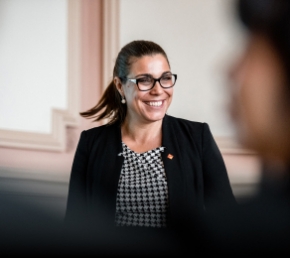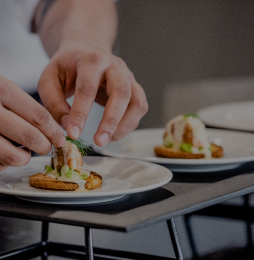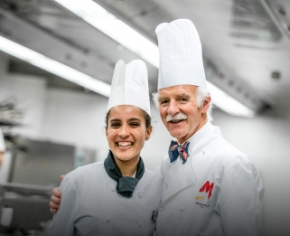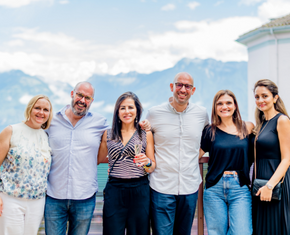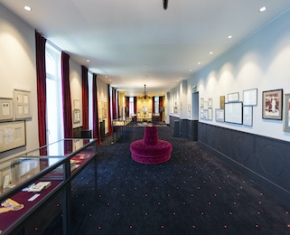- About
- Schools
- Lifelong Education
- News & Events
- Community
#Corporate News
Tackling Food Industry Challenges Outside of the Classroom
Have you ever wondered how new types of food and flavour combinations are created (think cronuts, cauliflower pizza crusts and zoodles)?
Most of these inventions have come to life thanks to chefs or food enthusiasts experimenting in their kitchens. And while it’s evident that creativity is the primary determinant of success in these cases, having a structured approach to experimentation is equally as important.
Getting methodical about their creativity is exactly what our Bachelor Culinary Arts Academy students learn in their ‘Food Development Project’ class delivered in partnership with MANE, a leading fragrance and flavour company. Under the guidance of MANE industry experts, each student was tasked to develop their own solution to a specific food challenge proposed by MANE.
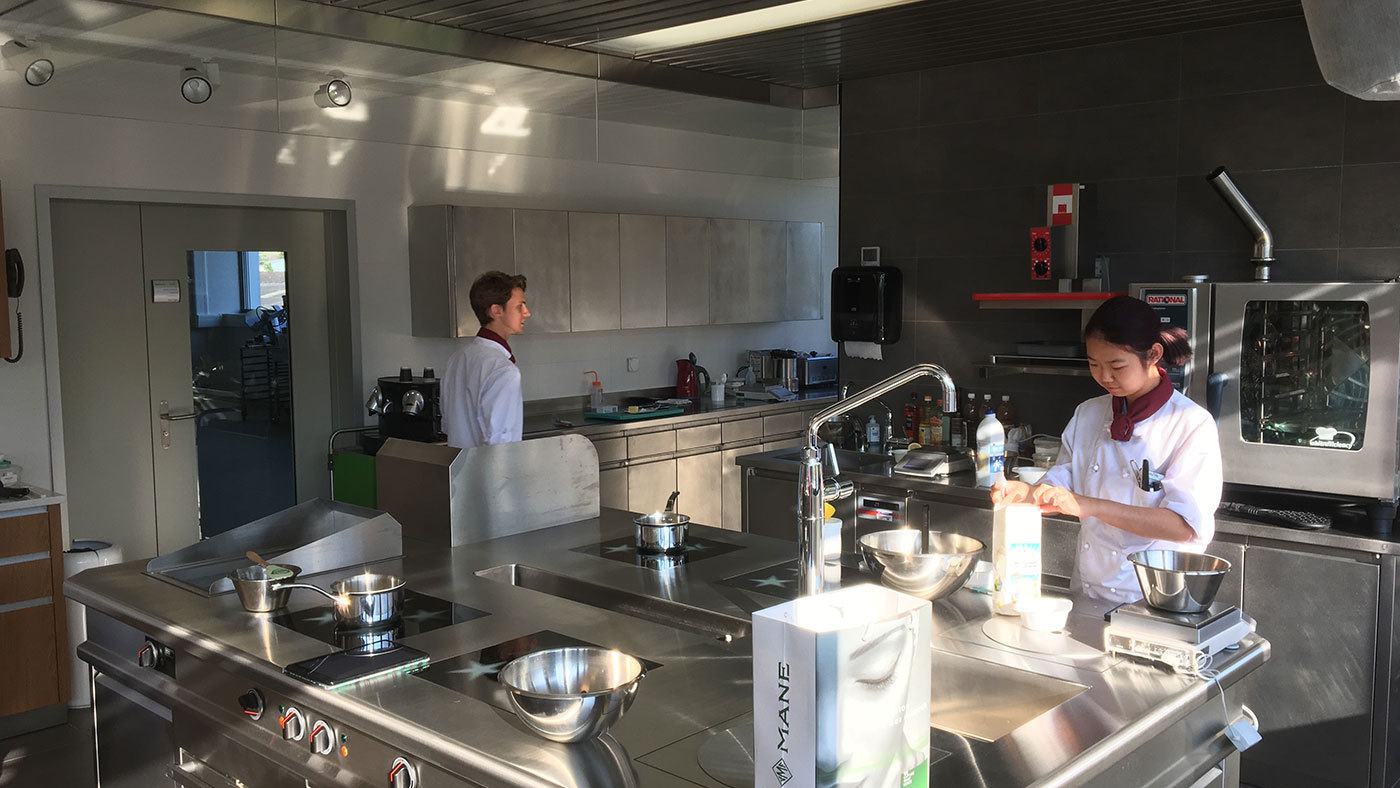
Solving food industry challenges in partnership with MANE
The mutually beneficial relationship with MANE is a source of inspiration for MANE’s chefs and gives our students valuable exposure to the business aspects of developing new products.
Each semester, MANE, in collaboration with CAAS professors, prepares a brief specifying a new culinary challenge that represents a real business need for the company. One of the most industry-relevant projects so far has been the development of gluten-free sweet or savoury soft baked goods.
The gluten-free project kicked off with a visit to MANE Centre of Excellence where MANE chef Christian Lhomme presented the brief, the context and the challenges. Students took a tour of the MANE labs and kitchen where the chefs presented gluten-free products that already exist on the market today.
Gluten-free market and its challenges
The gluten-free market, which mainly includes baked products such as bread, cake, pizza, pasta, cereals, and snacks, has been increasing dramatically in the recent years. This trend is based on a growing number of people diagnosed with celiac disease and gluten intolerance, as well as consumers following fashionable nutritional trends.
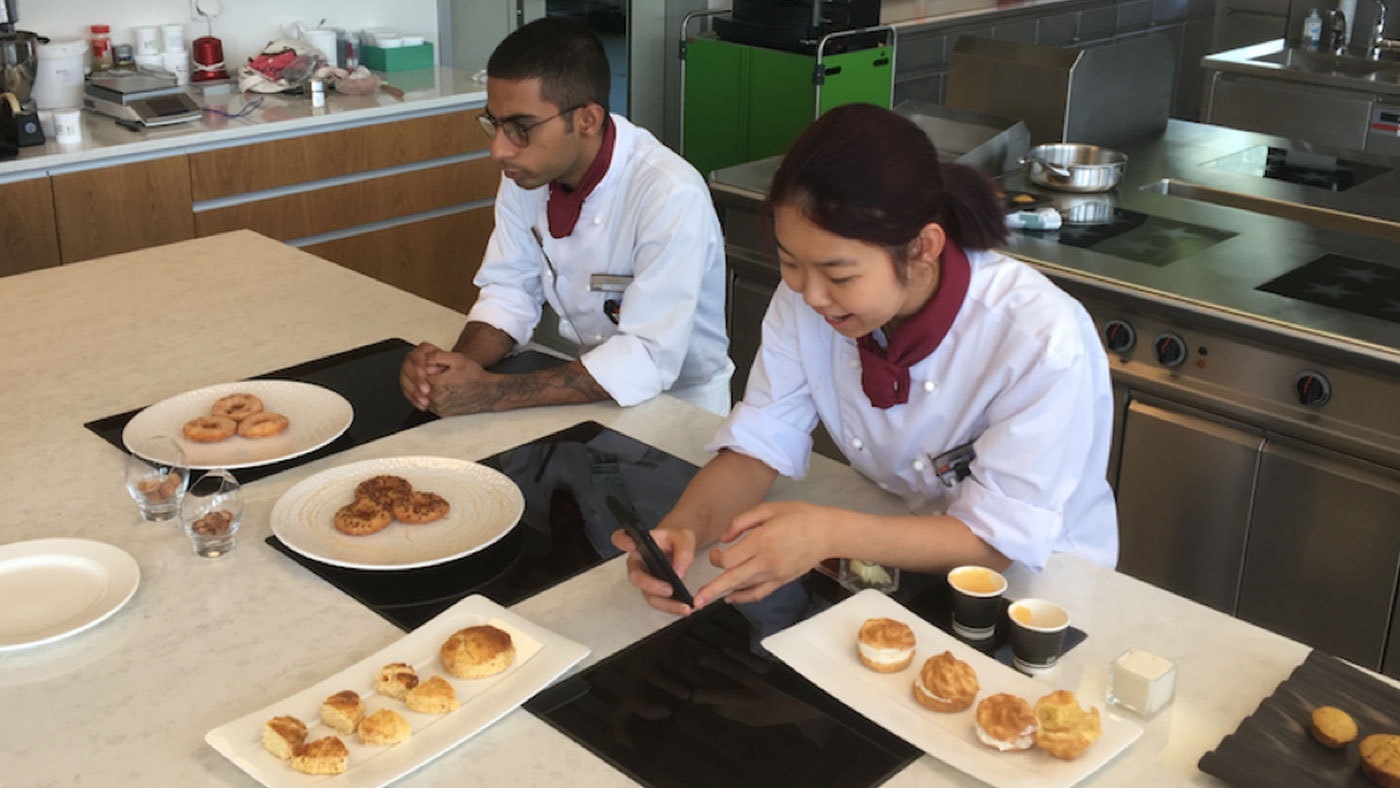
Gluten is the main protein source in wheat, rye, barley and oats. It is the ingredient that gives baked goods their elasticity and fluffiness, so its replacement represents a major technological challenge. It is this challenge that CAAS students were entrusted to tackle by creating their own gluten-free recipes that would taste and look as good as gluten-containing products and keep their elasticity, moisture and taste during storage.
Invaluable leaning experience and industry exposure
Students had four attempts to perfect their recipe following a specific development process under the supervision of a chef instructor. They started off by researching alternative gluten-free ingredients that would provide pleasant taste, high nutritional value and the right structure. Their creations were then tasted by their classmates, whose feedback was formally recorded.
Following the last attempt, the recipe was finalised and evaluated by a joint expert tasting panel from MANE and Culinary Arts Academy, and 4 winners were chosen based on the taste, presentation and consistency of their products. To solidify their learning, especially in the areas of market research and product marketing, students submitted a final assignment, a 10-minute video about their product.
One of the winners, Madhav Dayal, created a combination of sweet and savoury doughnuts to cater to different target markets: a classic sugar and cinnamon version for children and a maple and bacon glazed version for adults. Madhav experimented with his own gluten-free flour by mixing almond meal, tapioca starch, corn starch and rice flour with guar gum, a binding agent derived from the locust bean gum.
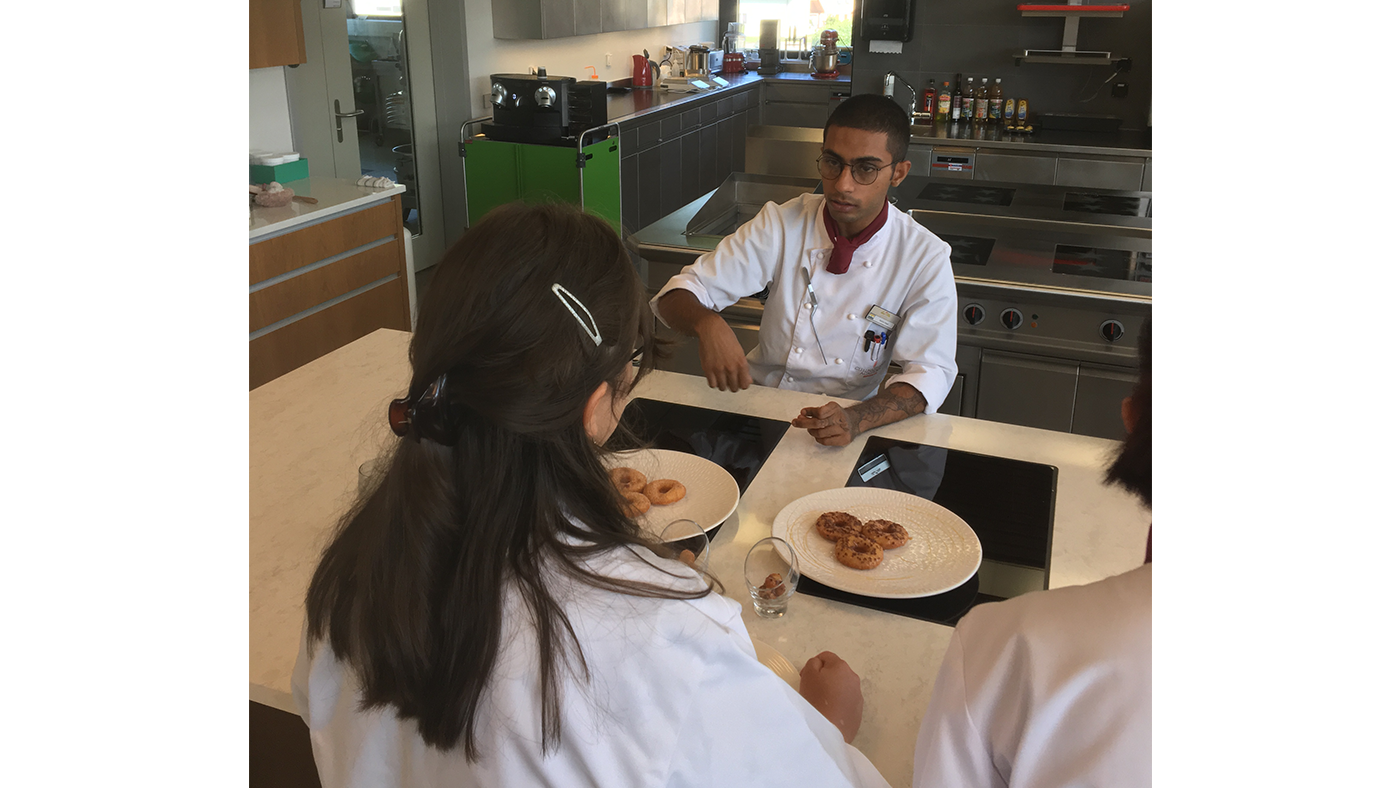
When asked about his highlights from the ‘Food Development Project’ course, Madhav said:
“
Visiting the MANE kitchen and research centre was a great learning experience. We discovered the other side of the food industry, how products are conceptualised and developed. We also learnt about encapsulation of flavours, how rotor machines extract essences and how different substances are derived from plants.
”
All in all, it was an enriching experience for all parties involved. It gave the students a unique exposure to the inner workings of the food industry, while providing MANE with viable innovative product ideas viable for further commercialization.
#Corporate News



